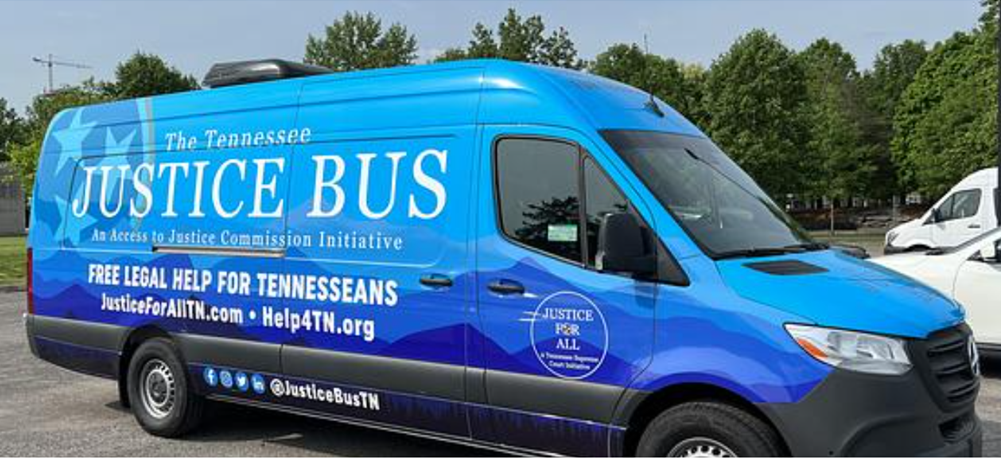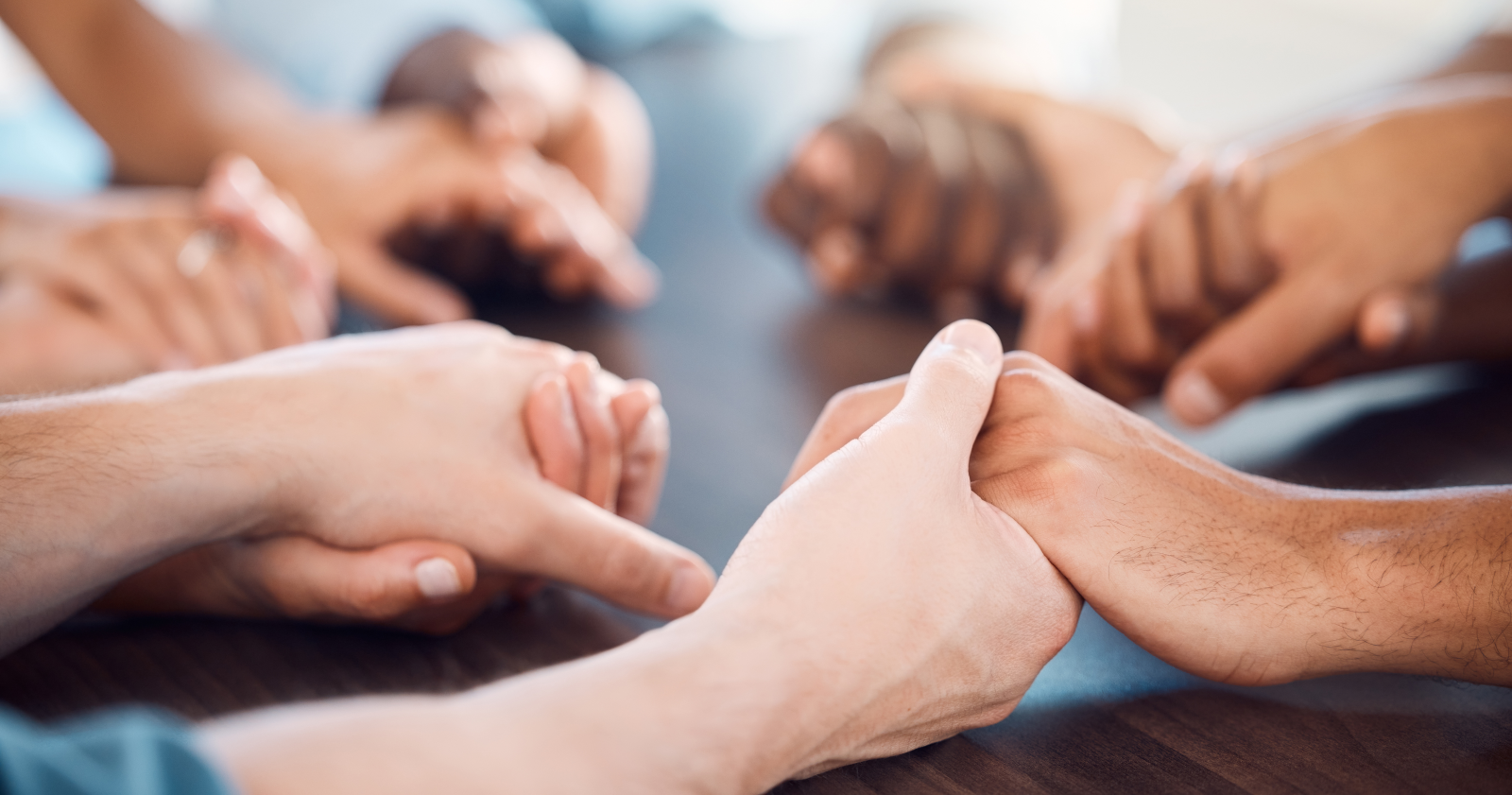November 9, 2023
By Abigail Connelly
An important goal in rural and underserved communities is improving access to and expanding assistance in legal support, prevention, recovery services, and life skills education. Three mobile programs in North Carolina, South Carolina, and Tennessee show examples of how to address these needs.
For individuals involved in the justice system, Project Lazarus provides harm reduction, prevention, and recovery services to substance users. Lazarus Recovery Services: Justice-Involved Initiative provides a peer-led recovery program in rural communities in North Carolina. The program connects individuals with Certified Peer Support Specialists who assist them with forming a recovery plan and working toward recovery. Individuals work alongside a team of health providers, public safety officials, and judicial stakeholders with resources to support them in their journey.
South Carolina’s Reaching Rural Program partners with local organizations in rural counties to provide victims of crime with access to computer equipment, the internet, and printers. They can access aid in Victims’ Rights Centers (VRCs), which are located in unmarked spaces such as schools and churches. By establishing centers in community buildings through collaboration with local partners, VRCs allow victims to safely meet with attorneys and print legal documents. Reaching Rural provides victims with resources for transition assistance that includes counseling for financial and career development and refers them to community partners who provide career opportunities. The National Crime Victim Law Institute funded Reaching Rural for the establishment of VRCs in six rural counties.
The Tennessee Supreme Court’s Access to Justice Commission launched a mobile law office in June 2022 in response to their initial 2009 Access to Justice Commission aimed at providing inclusive access to legal support. The Justice Bus provides computers, internet access, and office supplies for individuals in need of legal support. Interacting with legal resources in a mobile setting effectively reduces the intimidation factor associated with seeking legal aid, particularly for individuals with criminal backgrounds. The Justice Bus hosts public events and clinics on topics related to the law, encouraging interaction and discussion in community settings throughout the year.
2022 in response to their initial 2009 Access to Justice Commission aimed at providing inclusive access to legal support. The Justice Bus provides computers, internet access, and office supplies for individuals in need of legal support. Interacting with legal resources in a mobile setting effectively reduces the intimidation factor associated with seeking legal aid, particularly for individuals with criminal backgrounds. The Justice Bus hosts public events and clinics on topics related to the law, encouraging interaction and discussion in community settings throughout the year.
NCSC’s Rural Justice Collaborative is a partnership with Rulo Strategies to showcase the strengths of rural communities and highlight cross-sector collaboration that is a hallmark of rural justice systems. The RJC is guided by an advisory council of rural practitioners representing the judiciary, public health, behavioral health, child welfare, victim services, and other stakeholder-focused justice systems. There is also a digest that provides timely news and information concerning rural justice and the state courts. Typical information included in the monthly email subscription includes federal and non-profit funding opportunities, podcasts, webinars, and relevant articles and reports.
Do you have initiatives to help those in rural areas access your services? Share your experience with us. For more information, contact knowledge@ncsc.org or call 800-616-6164. Follow the National Center for State Courts on Facebook, X, LinkedIn, and Vimeo. For more Trending Topic posts, visit ncsc.org/trendingtopics or subscribe to the LinkedIn newsletter.
